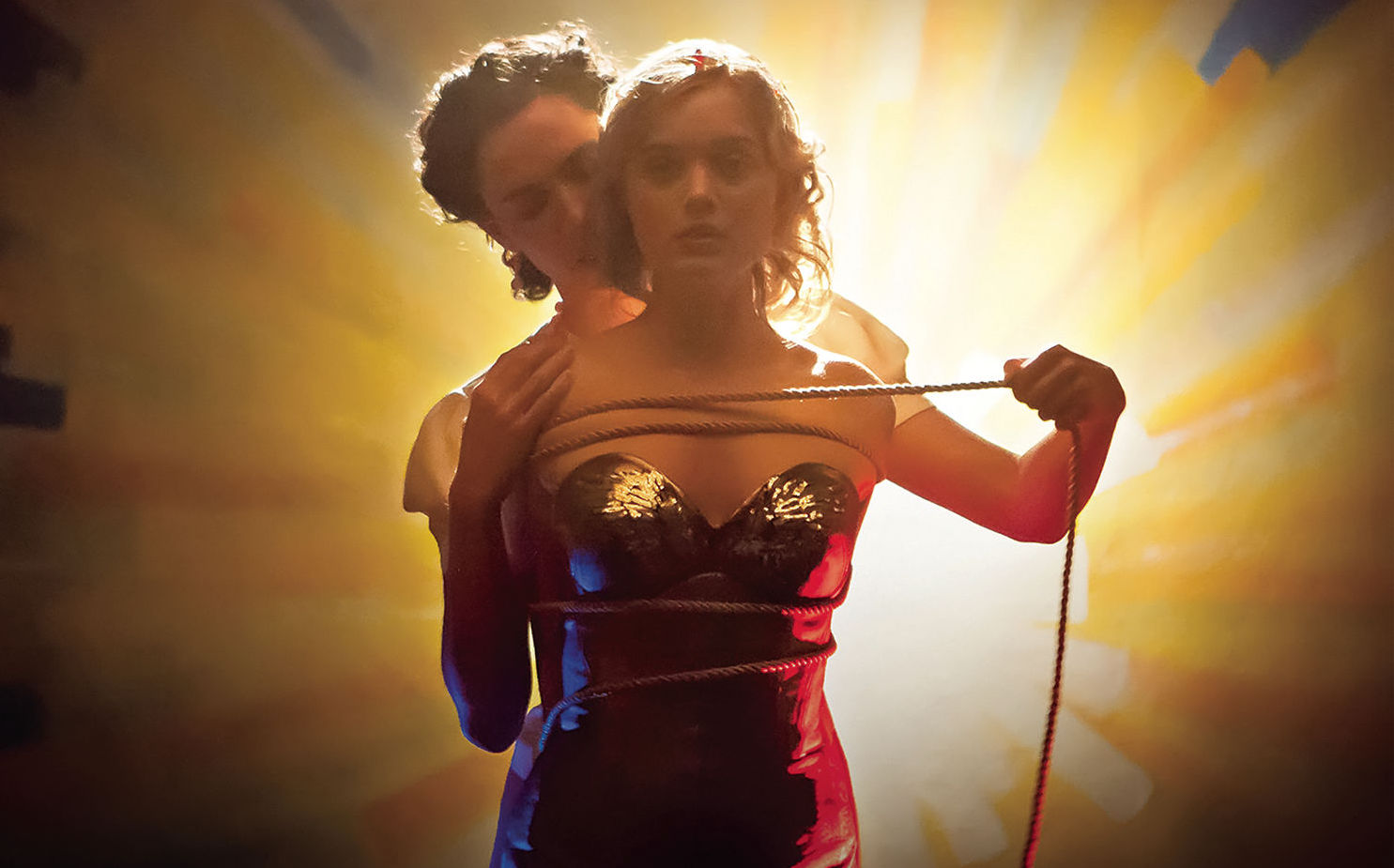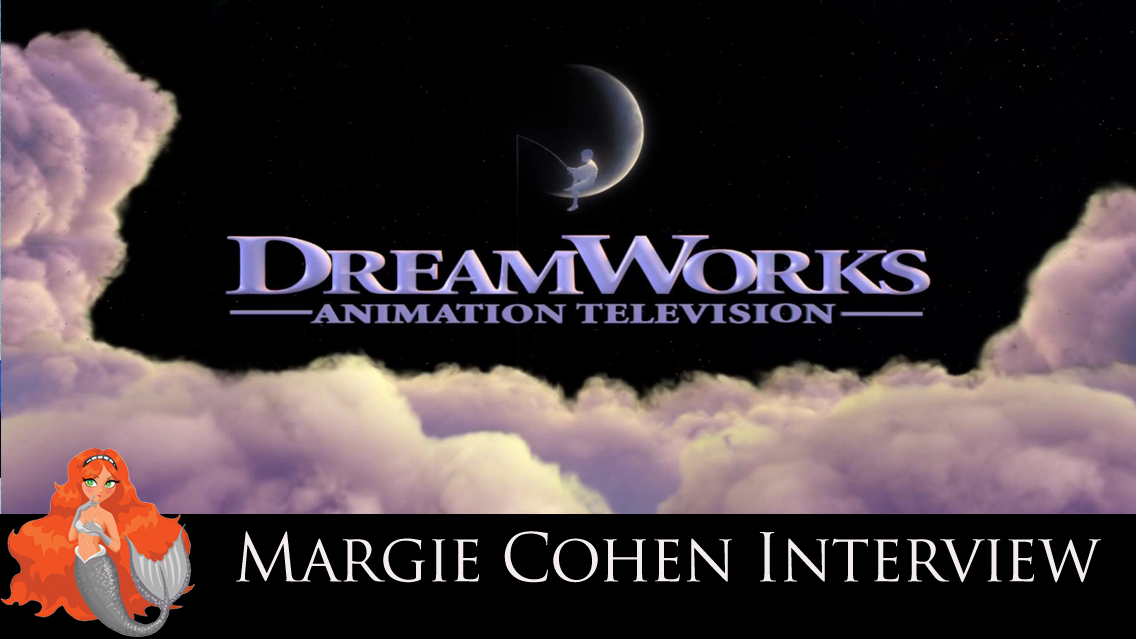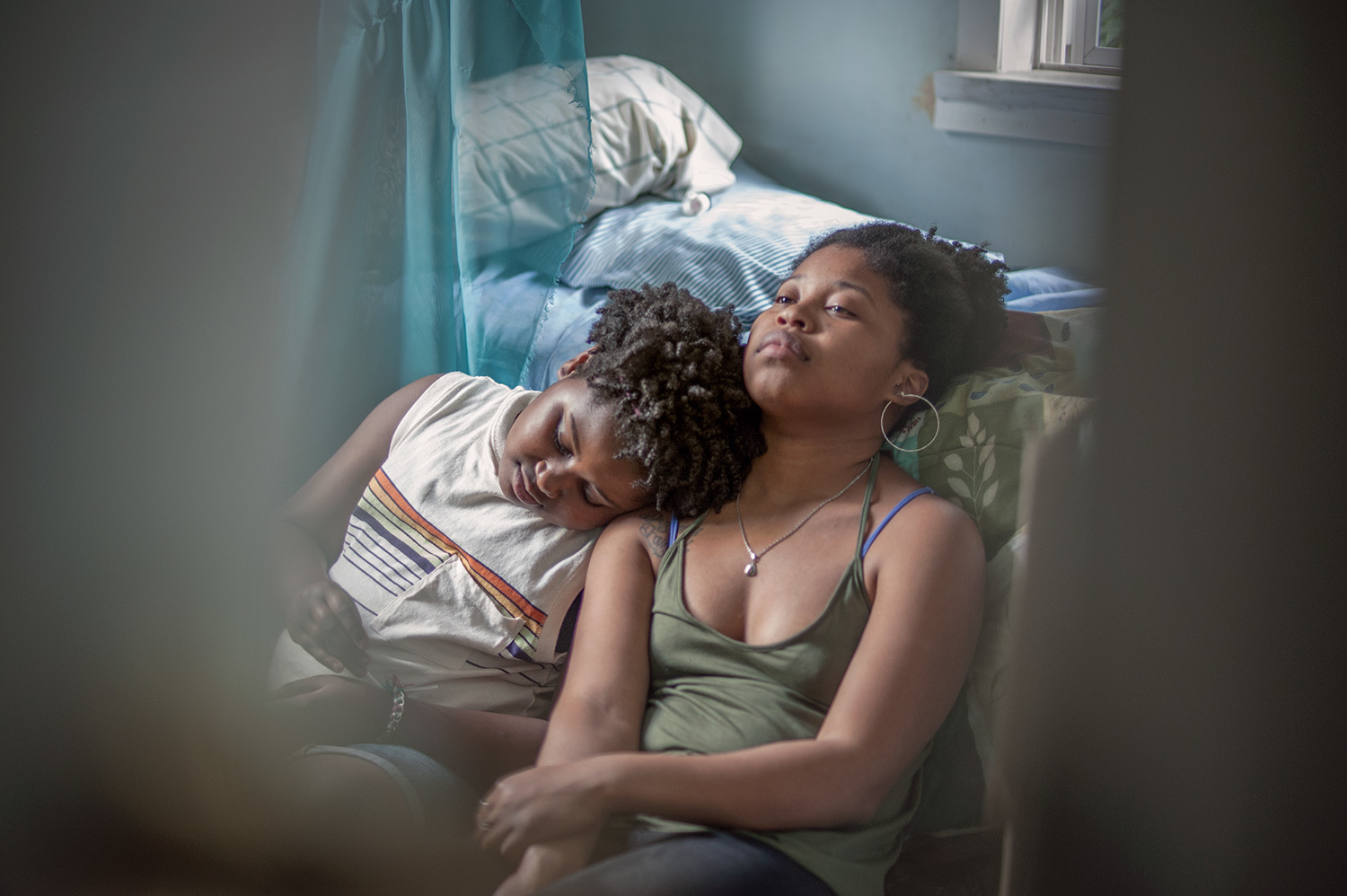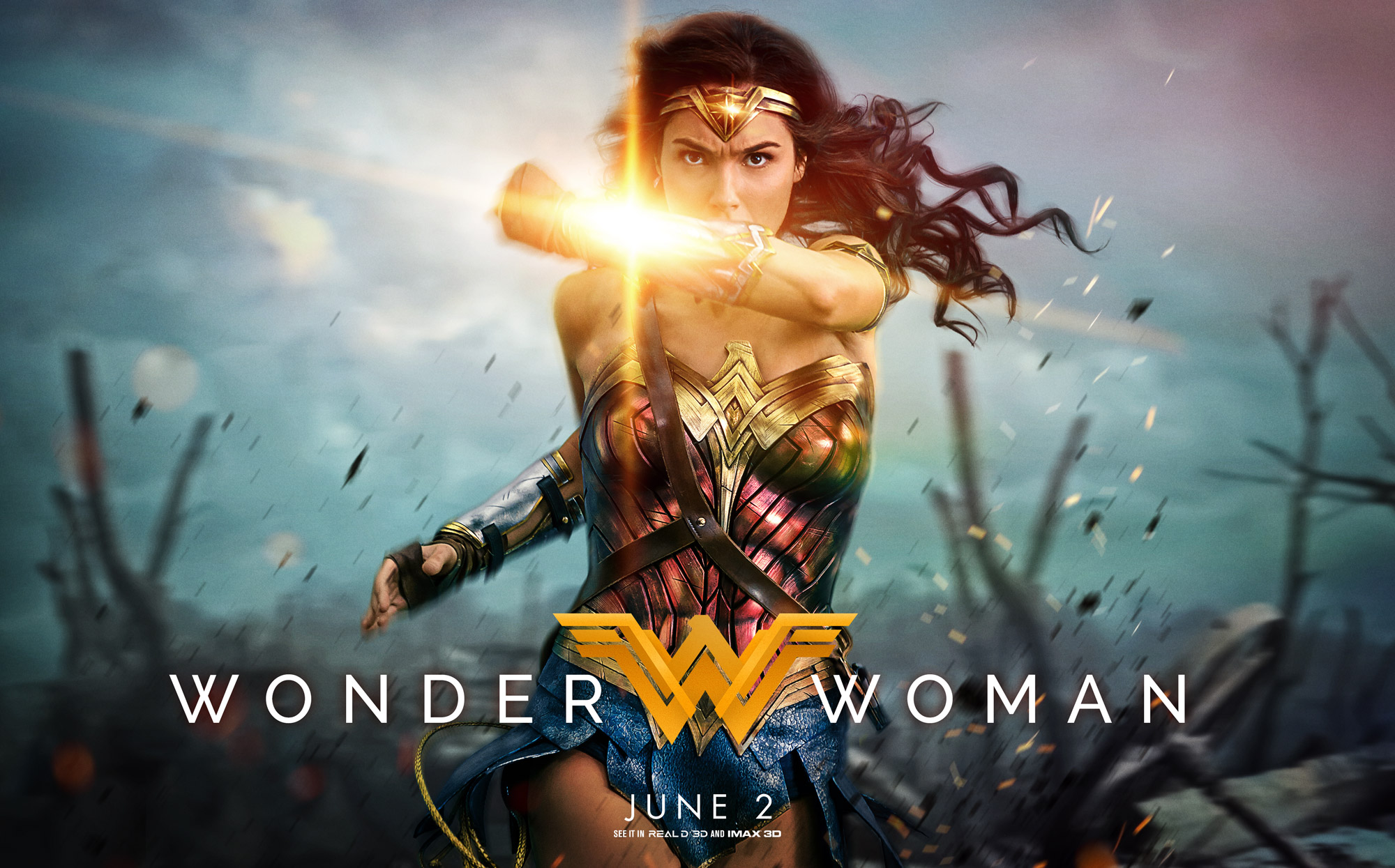

Such timeliness! Such hotness! Such consent! Yes, the story of the man and women behind the making of Wonder Woman, Professor Marston and the Wonder Women, written and directed by Angela Robinson, is being released this weekend. Wow, is it a fun, fascinating look at folks in the 1940s getting their freak on! Well, not really. It’s true that it’s fun and fascinating. It’s also just a true, partly sweet, partly heartbreaking story of a polyamorous relationship, wherein bondage and roleplaying play a part. It just so happens that out of that relationship, the iconic heroine we all love, Wonder Woman, was born.
Wonder Woman was invented and written by Professor William Moulton Marston, who had also a significant role in the invention of the lie detector test. At the time, and through the rest of his life, he was in a relationship with two women, both of whom bore him children. The three lived together. After Marston died, these two women lived together for the rest of their lives. Marston created Wonder Woman inspired by his wife Elizabeth and their domestic partner, Olive. At her inception, the super heroine Wonder Woman’s storyline had many elements of bondage, strong statements of women’s liberation, and what Marston believed represented female empowerment. It was criticized by the board of censors as sexually perverse. This film shows, as imagined by writer/director Robinson, what the polyamorous life these three people shared together might have been like, including the experience of Elizabeth and Olive falling in love with each other. As you might expect, there is seduction, and lots of steamy sex.
With all this aforementioned sex, you’d think the film would be lurid. I suppose that’s a matter of perspective. I walked away from the Marston movie, which stars Luke Evans as William Moulton Marston, Rebecca Hall as his wife, Elizabeth, and Bella Heathcote as Byrne, feeling like the love scenes were integral to telling their story, not at all gratuitous, and quite tastefully done. I say this even as I remember the three actors trussing each other up in varying degrees of undress while one of them is roleplaying a nurse.
It takes a lot to keep relationships healthy, however constructed they may be, especially in a time when there was little room for opinionated women to express themselves inside or outside the home. The arc of this movie shows just how difficult that can be, especially when not two, but three people are involved, and two of them are powerful women of substance. How beautiful and rare to see women in a sexual relationship together on film that isn’t approached from the male gaze! Sometimes you don’t truly know how badly a subject is represented in Hollywood until you see it done correctly. I can count on one hand the number of films that have lesbian relationships that are complicated, deep, and loving, as well as sexual in a positive way. For that alone, Robinson gets a big, gold star. Or maybe a red one on a gold tiara. I can’t remember a time when I felt so happy seeing a romantic relationship brought to life onscreen.
Robinson, in one of her interviews, inadvertently taught me a new word. She said in portraying the Marstons, she didn’t want to “other-ize” their experience. It’s sad we need a word like that these days, but other-izing in this case would mean making the real-life characters inhabiting this story feel separate, unreachable and unrelatable. It would mean making the film more about their sexuality and less about the love they feel for each other. She and the actors certainly don’t do that. If those who see the film don’t approach it as “Fifty Shades of Superhero”, but rather, they imagine three unorthodox, complicated people who genuinely care about each other, Professor Marston and the Wonder Women can be seen for what it is; a love story.
It is also a study in consent. When Angela was on my panel “Women Rocking Hollywood” at San Diego Comic-Con this summer, she said she became obsessed with it, pouring over research to make sure it was represented correctly. Since she shows the Marstons experimenting with bondage within the context of a loving, healthy sexual relationship, she wanted to be clear when someone was playing at submission, they did so without reservation, and entirely by choice. While the BDSM community has griped in the past about misrepresentation in film, they have had nothing but positive things to say about the Marston movie.
Are you a Wonder Woman fan who wants to experience something new and interesting? Let me suggest Professor Marston and the Wonder Women. It certainly acts as a powerful distraction from our current reality. If it happens you find the leads pleasing to the eye, (and who wouldn’t?) all the better. It will surely add a layer to your understanding of the most beloved female superhero of our time. Regardless of all that, as a film that offers a sex positive portrayal of BDSM and women in love, it is a wonder, indeed.
A



